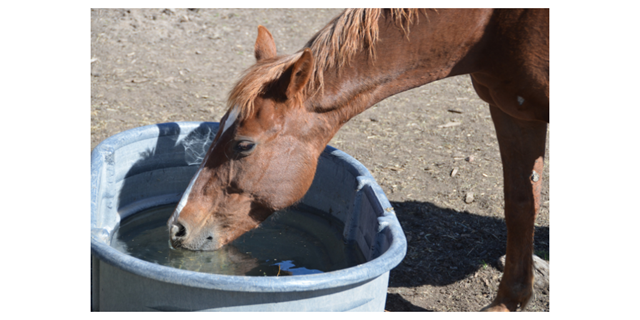By: Dr. Chris Morrow, DVM
As summer approaches, there several considerations we should have for the horses in our care. First, a few preventative procedures.
Preventative Care:
Spring vaccinations should be administered before mosquitoes are present as many of the diseases that could be fatal are mosquito borne such as:
- Encephalitis (Eastern, Western and Venezeulan), also known as sleeping sickness
- West Nile Virus: the most common and potentially transmissible to humans
- Rabies: endemic to many areas, rabies has become more commonly reported in horses, and it is usually transmitted by skunks or foxes.
- Tetanus toxoid: often times included in these vaccines to complete the “core” vaccines that refer to the AAEP definition of diseases likely to be fatal to your horse
- Influenzas and Rhinopneumonitis (Flu/Rhino): potentially given to horses that will have a high likelihood of exposure and done more than once a year to improve immunologic responses
Deworming is also commonly done in the spring as horses are exposed more often in pasture situations and the parasites are more active than when it is cold.
During this checkup, dental work (teeth floating) and overall health should be assessed.
Monitor Activity and Nutrient Intake:
Summer time is typically a more active time for horses and riders as the days are longer. With increased exercise, caloric intakes should also be considered. Horses moving from an “off season” sedentary lifestyle to a summer time active schedule will require more intakes to maintain body condition and performance levels.
With increasing use, especially when it is hot, water intake and electrolyte balances are more important. Horses will waste potassium in their sweat. This is usually not a problem as most all horse forage is potassium rich, however the balance of intake versus loss should be considered.
Keeping horses hydrated will also need to be considered in extreme use conditions. If there are perceived electrolyte disturbances I prefer to add them to the feed or in a paste form since salty or flavored water is not likely to be as palatable.
It should be noted that the old (greater than 15 y) and the young (less than 2 years) may need special care to account for these added stressors during summer.
Make sure you have a reasonable set of expectations from your horse as you move into the more active summer season. This will help prevent both injury, and illness.
For more information on Dr. Chris Morrow, visit his website.
To browse our Equine Products, click here.


